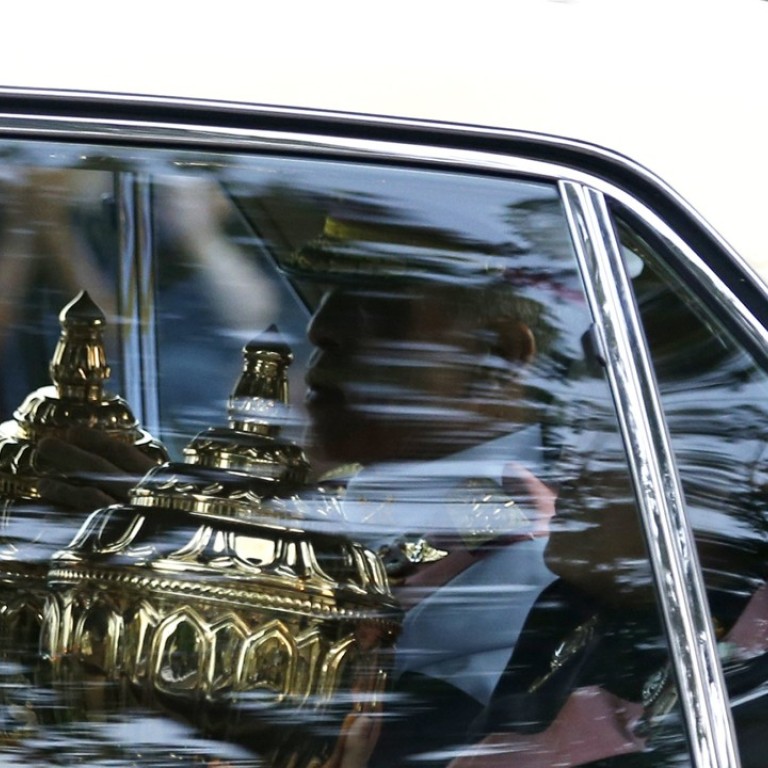
Thai student faces up to 15 years in prison for ‘insulting king’ by sharing news story on Facebook
Chanoknan Ruamsap fled Thailand after learning that she had been charged with insulting the monarchy
A student activist who allegedly insulted the King of Thailand by sharing a news story on Facebook has fled the country to avoid arrest and a potential prison sentence of up to 15 years.
Chanoknan Ruamsap has become the latest political dissident to flee Thailand, explaining on her Facebook page that she made a snap decision after learning she had been charged with insulting the monarchy because she shared a BBC article about the country’s new king.
Lèse-majesté, or insulting the monarchy, is punishable by three to 15 years in prison per incident, and the case against Chanoknan is apparently the first filed this year.
Lèse-majesté cases have increased markedly under the military government that has been in power since 2014. Critics say the law is used to punish political dissidents.
I had less than 30 minutes to decide whether to stay or go. It was hard because going away this time likely meant that I wouldn’t be coming back
Another prominent student activist, Jatupat Boonpattaraksa, was sentenced to two-and-a-half years in prison for sharing the same article from the BBC’s Thai-language service about King Vajiralongkorn Bodindaradebayavarangkun, who succeeded his father, the late King Bhumibol Adulyadej, in late 2016.
The BBC article included mentions of Vajiralongkorn’s personal life when he was crown prince, including details of three marriages that ended in divorce and other material Thai news media can publish only at their own risk.
An unknown number of opponents of military rule have fled Thailand in recent years, perhaps several dozen. While many have taken unofficial refuge in neighbouring countries, at least a few have been granted political asylum in Western nations.
Chanoknan did not say where she is staying now. In her Facebook post, which featured a photograph of her police summons, she explained her decision to flee.
“I had less than 30 minutes to decide whether to stay or go. It was hard because going away this time likely meant that I wouldn’t be coming back,” Chanoknan said.
“I decided to go down to tell my parents, everyone was shocked but they agreed. Nobody wants me to spend five years in prison for sharing a BBC article.”
Chanoknan said a soldier named Sombat Tangta filed the charge against her in December 2016 at Bangkok’s Kannayao district police station.
She said she was told that her case should have been processed at around the same time as Jatupat’s case but that the Kannayao police station had internal issues that caused her case to be delayed.
Police Colonel Sing Singdech, chief of Kannayao police station, acknowledged that Chanoknan had been charged with lese majeste but did not comment further, explaining that “I can’t elaborate on cases that involve national security.”
Chanoknan said she has settled down in her new home.
“The first day I arrived here, I couldn’t stop crying because all my options looked so bleak. Everything looked so puzzling and confusing,” she said.
“Up until now, in only a few days’ time, many things are starting to fall into place. Everything is slowly improving. I am growing up and there are new lessons in life to learn from.”

